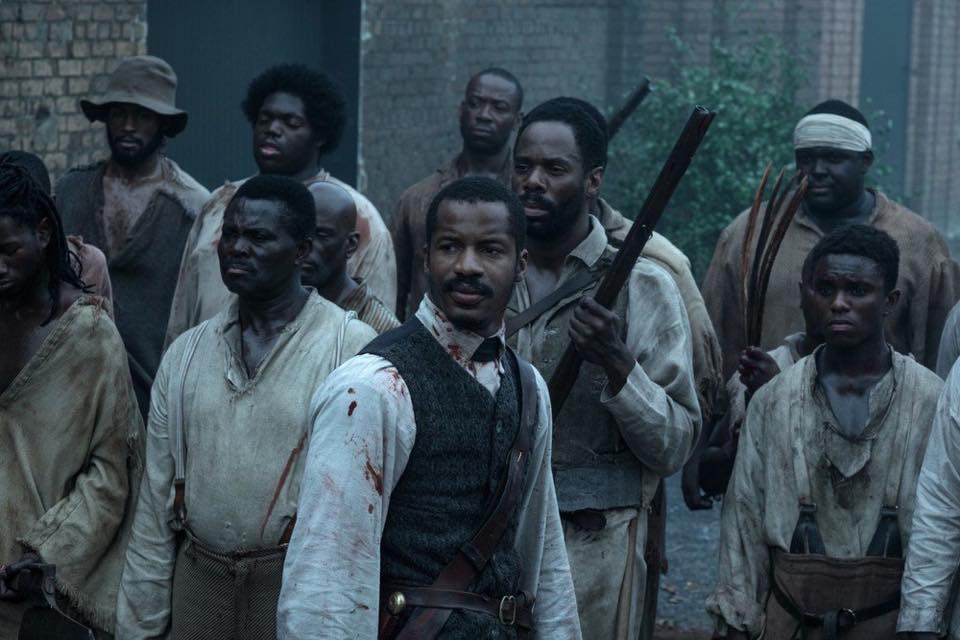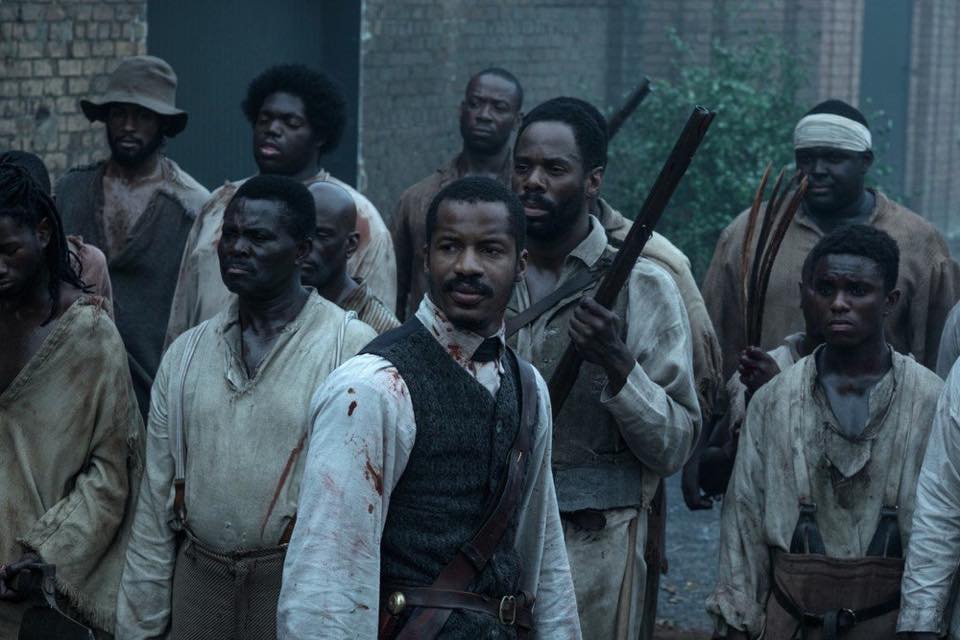facebook.com
In 1915, “The Birth of a Nation” was praised as a groundbreaking work of cinema that invented the epic movie and created filming techniques that directors still use.
Over 100 years later, it’s a little-remembered embarrassment that no one dares touch, thanks to being considered highly racist even in its heyday.
Nate Parker’s film of the same name has similar themes and takes place around the same time, but is not a remake. If anything, this film is a rebuttal to the first, or as Parker calls it, a reclamation.
Telling a rather romanticized version of Nat Turner, a black slave and preacher that spearheaded a slave rebellion in 1831, “The Birth of a Nation” focuses on a dark time in US history that’s often overlooked.
However, while the parts that work are great, there are quite a few stumbles too, and the whole thing is overshadowed by real-life controversy.
The film starts with Nat (Nate Parker) relatively comfortable in his position as a plantation slave in Virginia, at least compared to other slaves. His master, Sam Turner (Armie Hammer) was a childhood friend and treats him with respect.
He has a wife, Cherry, (Aja Naomi King), and a daughter. Most importantly, his old mistress, Elizabeth Turner, (Penelope Ann Miller) taught him to read the Bible as a child, and he has since gained some infamy as a preacher, telling other slaves how God will reward their diligence to their masters.
But as he bears the indignities done to his fellow slaves and to himself, for his master’s respect is far from friendship, his readings of the Bible inspire him to rally his flock together to fight for their freedom.
While it ends badly for him, we see his influence inspire others to take his place.
The buildup is the best part of the movie, as we see the cruelties of slave life firsthand. Nat travels from plantation to plantation, preaching to his fellow slaves about how they should be subservient while seeing the casual savagery routinely heaped on them in graphic detail.
It therefore makes it all the sweeter in the final act when the slaves turn upon and kill the men who have been oppressing them. The slave owner’s deaths are brutal, but well deserved.
Parker’s name is plastered all over the credits. He’s the star, director, producer and writer.
When Parker is loudly preaching to the slaves as Nat, or inspiring them to fight, he’s on fire.
The problem is, there also lots of scenes that’s supposed to humanize him, and those smaller scenes tend to fall flat. Nat is mostly portrayed here as a larger-than-life folk hero in the vein of Paul Bunyan and Davy Crocket, and trying to make him a regular guy at the same time only undermines that.
If you are starring in the movie you wrote, produced and directed, then perhaps you can’t help coming off as a little self-serving. Especially when you are presenting your role as a destined savior figure, complete with heavy religious imagery, such as the prominent feature of crosses in just about every poignant scene.
It would be remiss not to mention the controversy from behind the scenes as well. Parker was accused of sexual assault in 1999.
While he was acquitted, some call the ruling into question, and there’s no denying the pall it has cast over what was first exalted as a breath of fresh air after the infamously whitewashed Oscars last year.
“The Birth of a Nation” is not the groundbreaking tour de force the original was, and unfortunately has controversy surrounding it, just as the original does. But while it sometimes falters at telling its story, it’s still worth seeing for the content of the story itself.





![[Both photos courtesy of sonoma.edu]
Ming-Ting Mike Lee stepped in as the new SSU president following Sakakis resignation in July 2022](https://sonomastatestar.com/wp-content/uploads/2024/04/CC4520AB-22A7-41B2-9F6F-2A2D5F76A28C-1200x1200.jpeg)



























